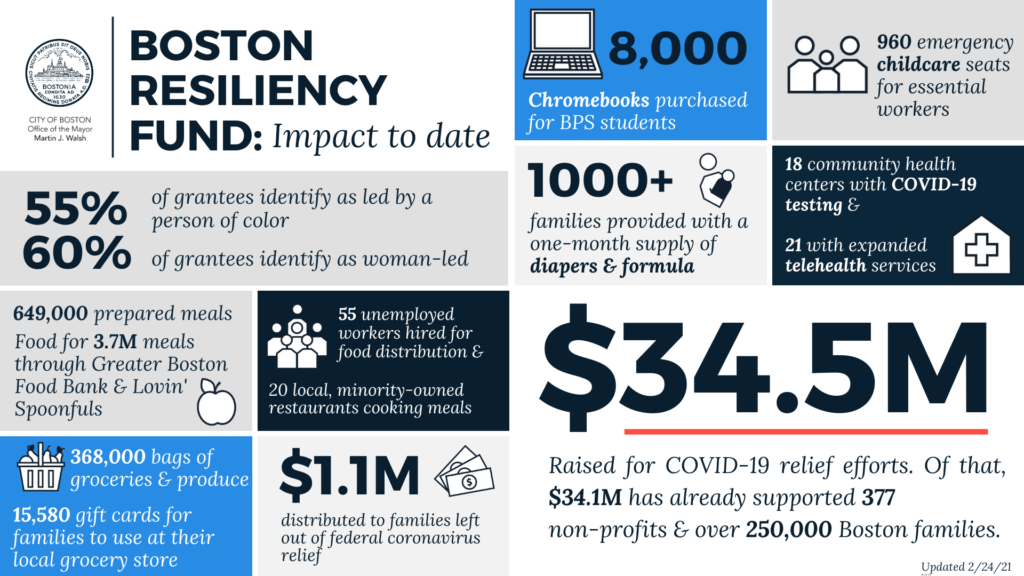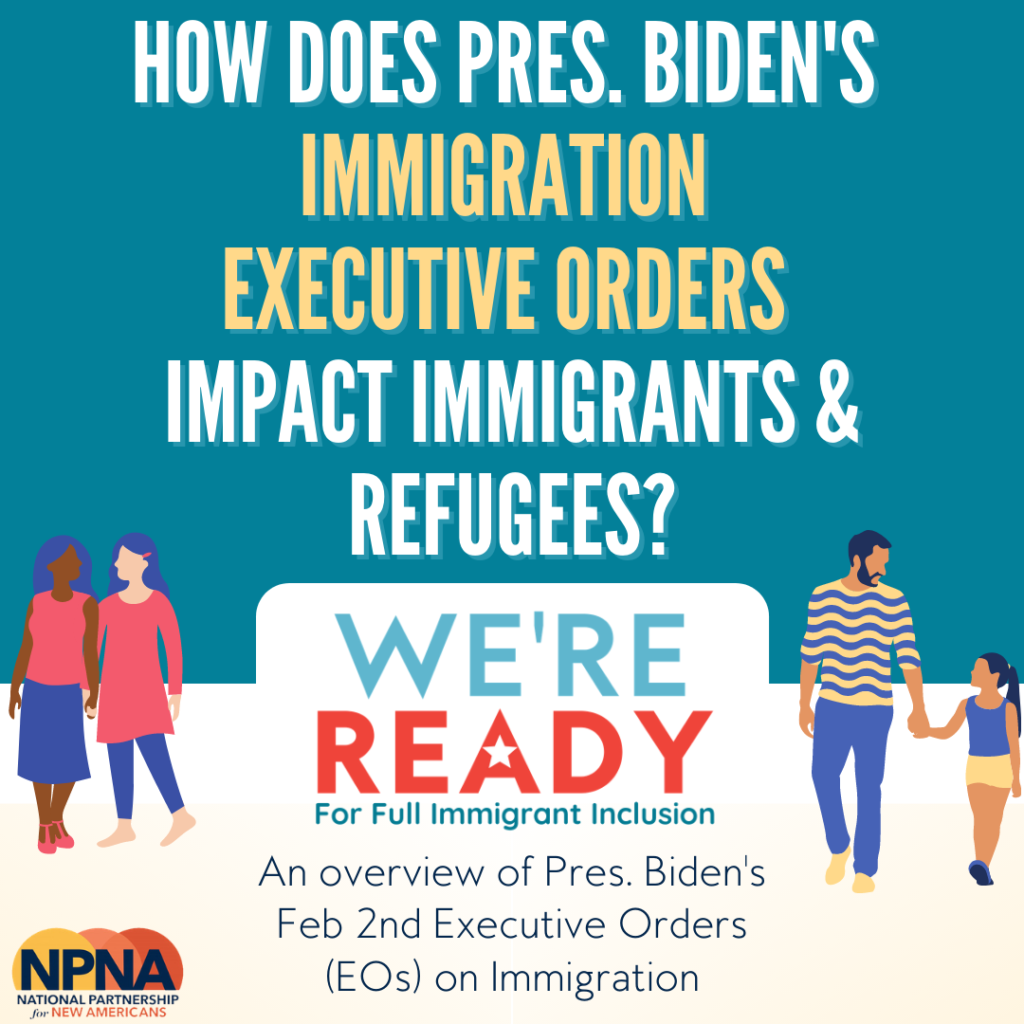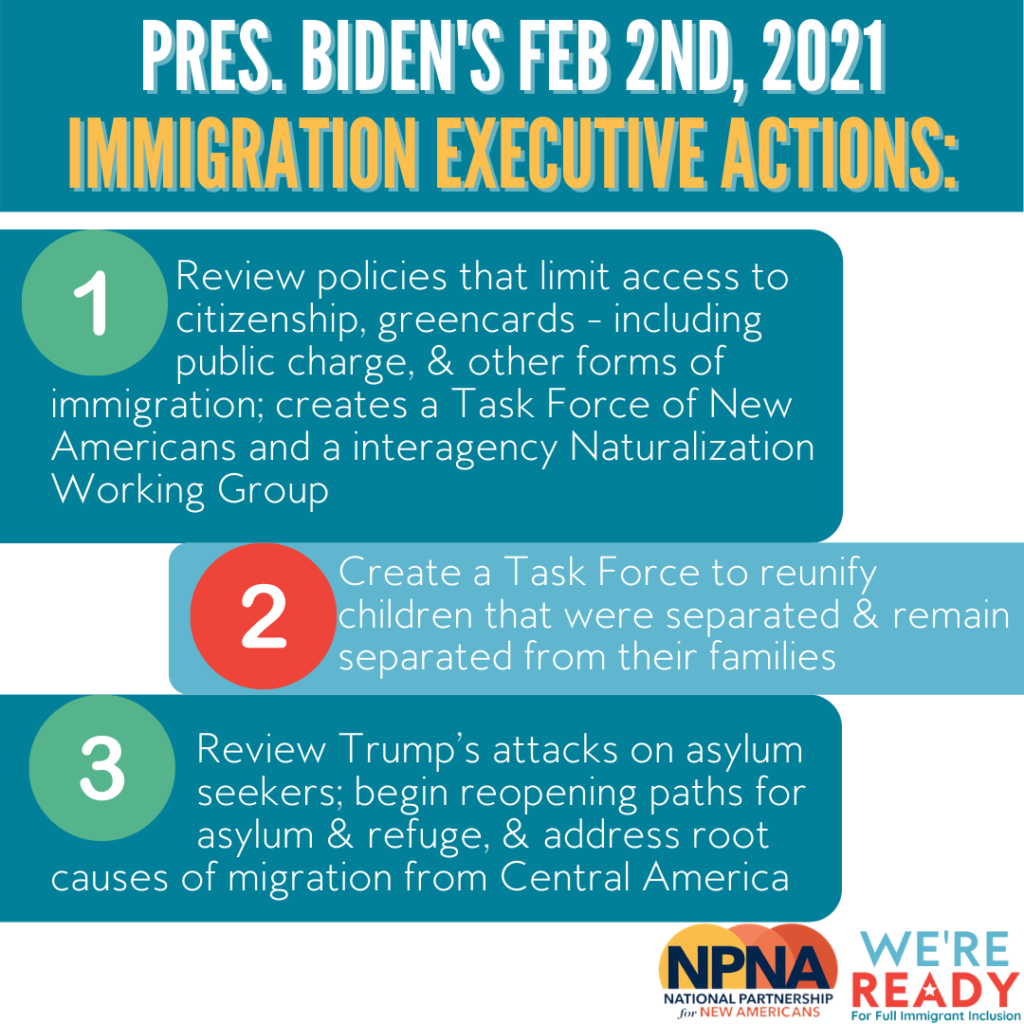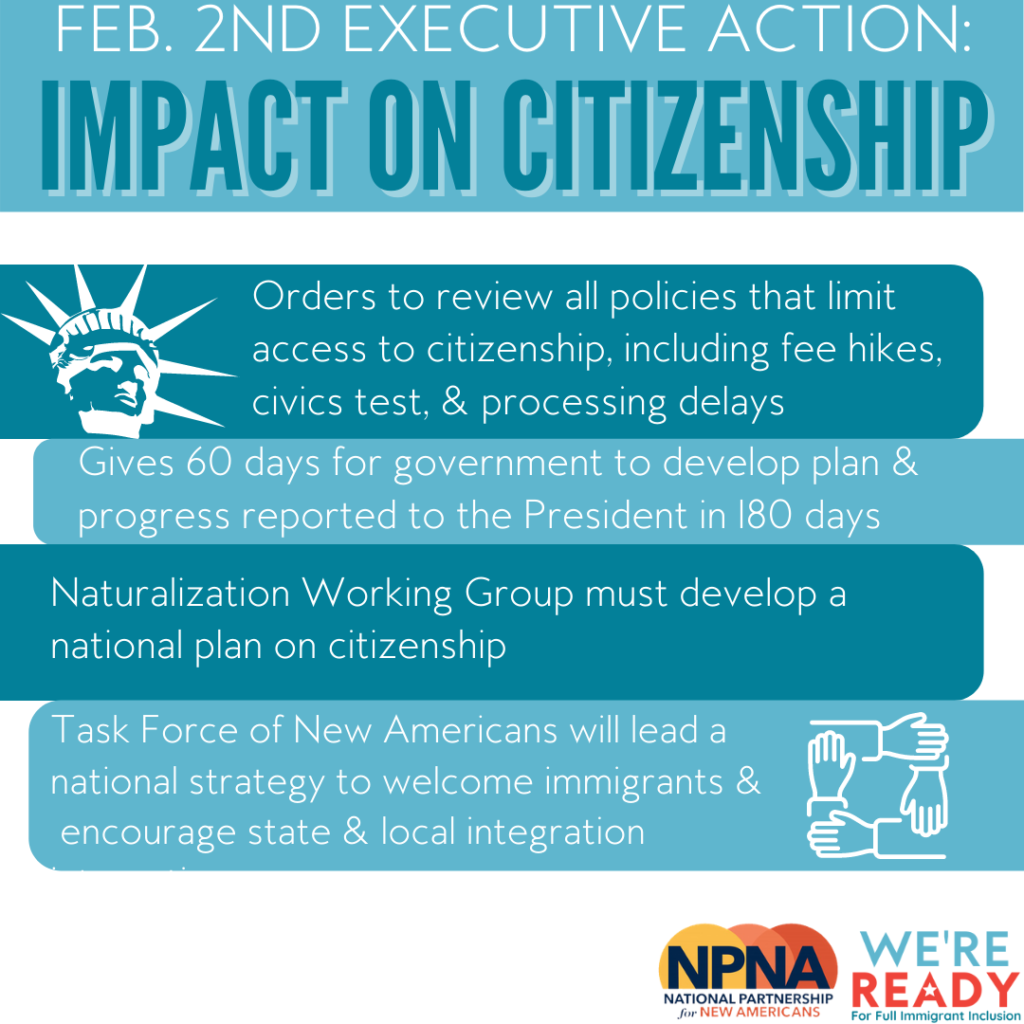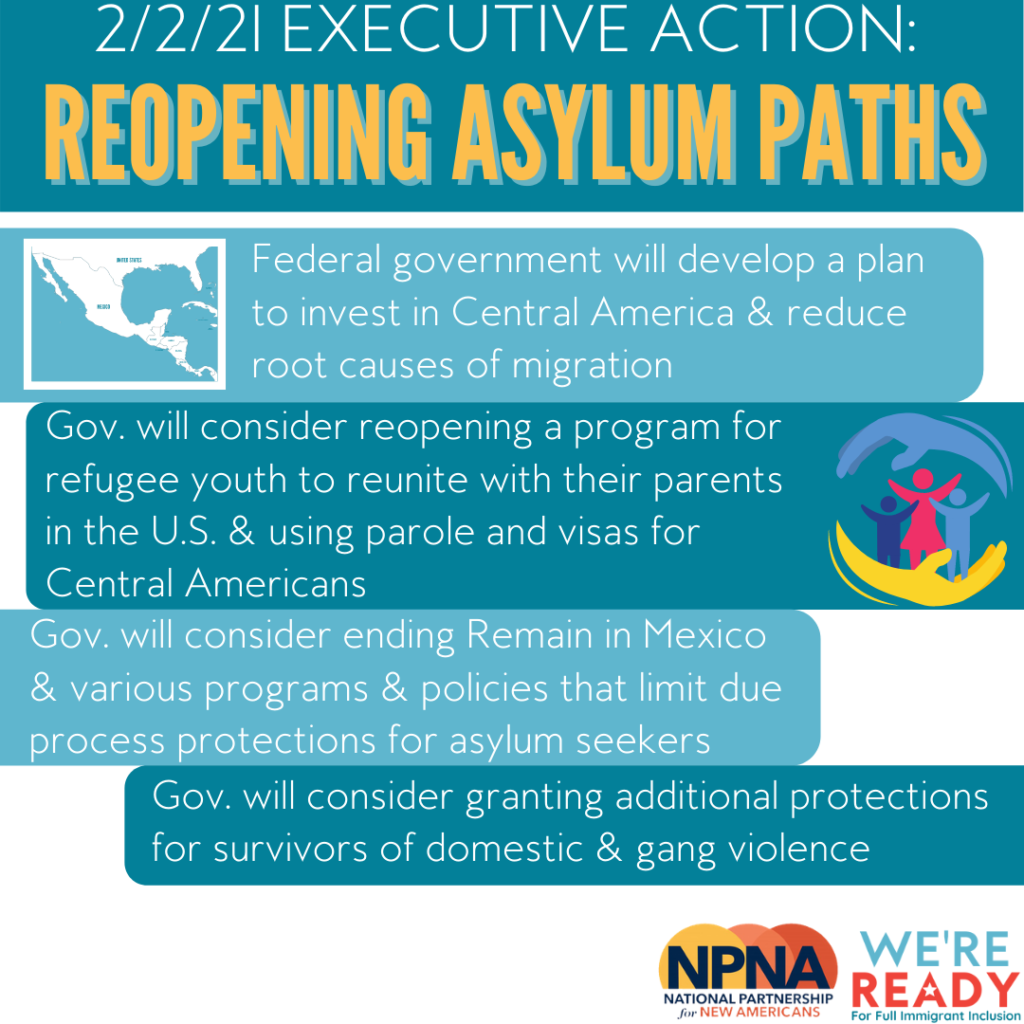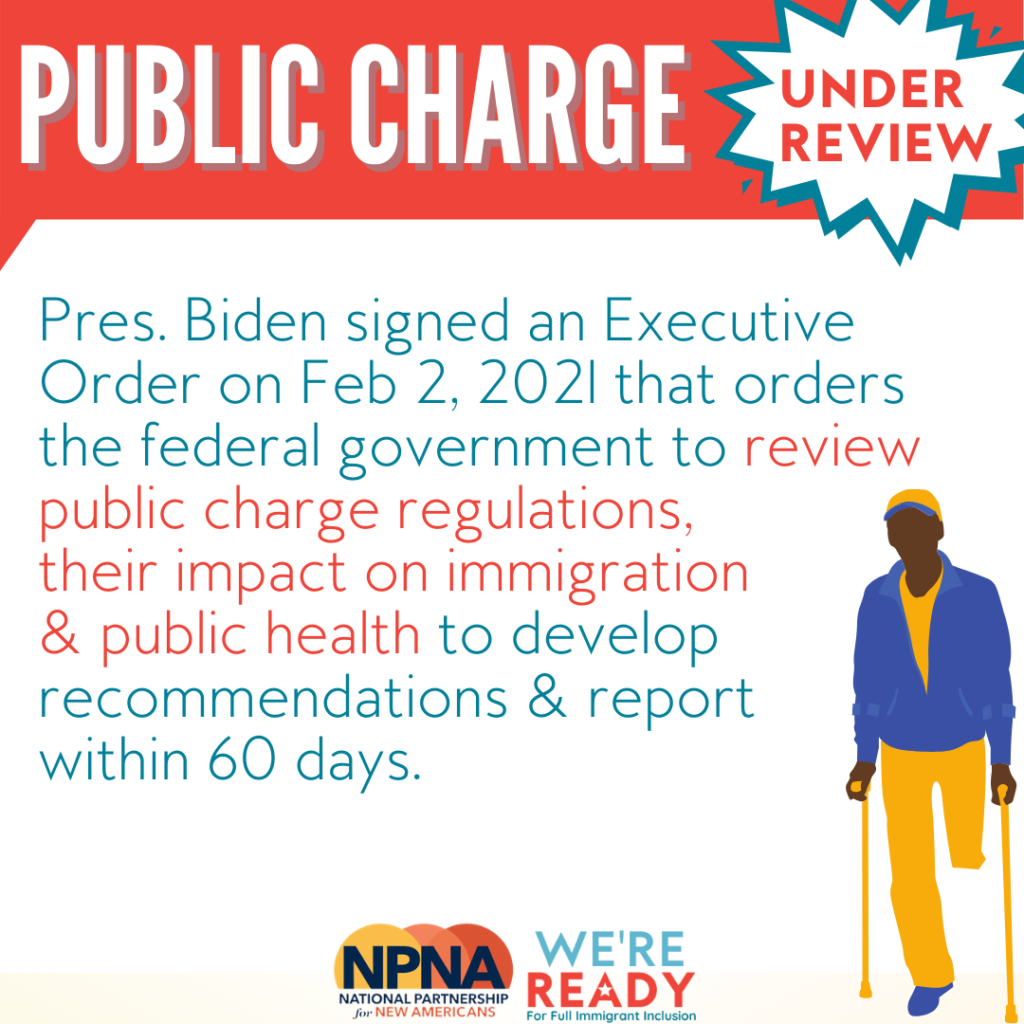By Deanna Pan Globe Staff,Updated March 9, 2021, 7:56 p.m.168

NEW BEDFORD — A year ago, they were hailed as heroes, risking their lives for little pay in supermarkets, warehouses, and food-processing plants so Americans could stay well-fed and fully stocked during the deadliest pandemic in a century.
But now many essential workers, despite bearing an outsize burden of coronavirus infections, worry they have been forgotten in the rush to vaccinate an eager populace against COVID-19, as the state and federal government continually reprioritize who should have access to the coveted doses.RELATED: See more COVID-19 vaccine news, resources, and guidance
“We’re really feeling like we’re being left out,” said Adrian Ventura, executive director of Centro Comunitario de Trabajadores, a nonprofit that advocates on behalf of immigrant workers.
A former fish house worker, Ventura has built a reputation in this coastal fishing city as a problem-solver among the immigrant workforce and a “piedra en el zapato,” or a stone in the shoe, to the seafood-processing plants that employ them. Lately, he has turned his attention to the local health department with one urgent question: When will our workers be vaccinated against COVID-19?
“People are very worried,” he added, speaking to the Globe through a Spanish interpreter. His organization alone has recorded coronavirus infections in more than 280 local families and at least nine deaths in connection with the local fishing industry.
“This has been very hard because for those who remain, who is going to pay the rent, buy food, or pay for the funeral?” Ventura said. “People have ended up with big hospital bills.”
Massachusetts initially prioritized essential workers early in the second phase of its vaccination plan, which began Feb. 1. But in late January, Governor Charlie Baker moved residents 65 and older, a cohort of more than half a million people, to the front of the queue in Phase 2, alongside people with two or more qualifying conditions. Now the state is opening up eligibility to teachers, child-care workers, and other school staff in keeping with a new Biden administration directive to inoculate all educators with their first doseby the end of the month.
